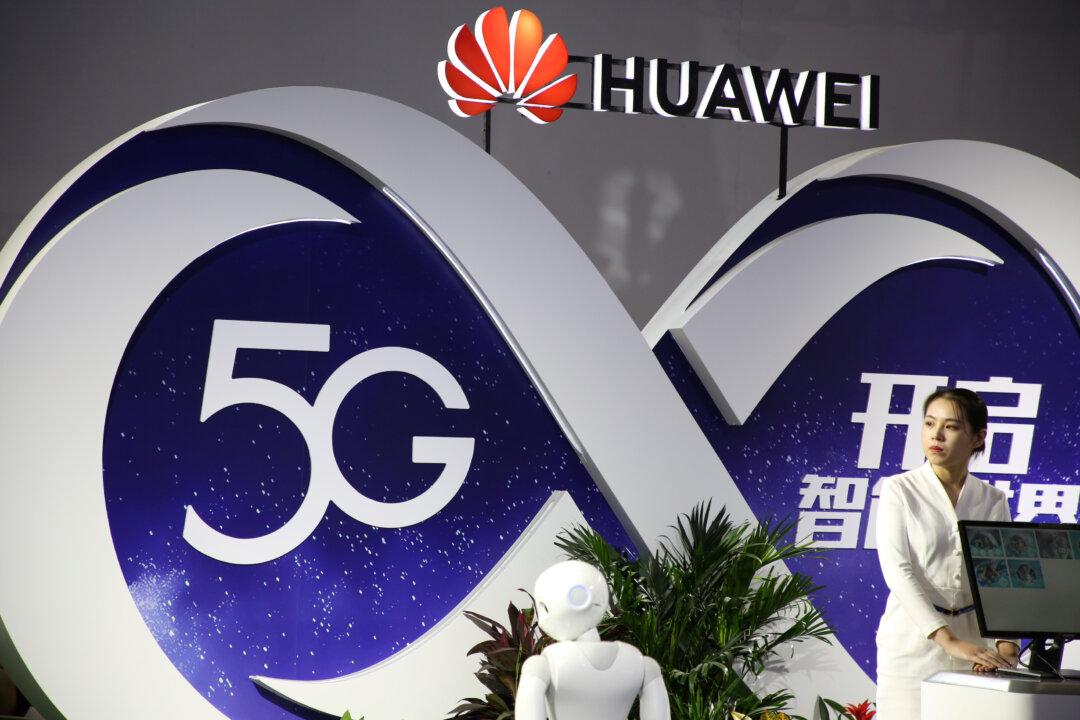The Australian Research Council (ARC) has given over AU$262 million ($176 million) in taxpayer-funded grants over a five-year period to projects involving Chinese organizations, according to information published in the Education and Employment Committee, Education Portfolio 2019.
Among the grants handed out by ARC were those for research with potential military applications, including work on advanced materials and coatings, cryptography, quantum computing, next-generation radio technologies, and machine learning.




